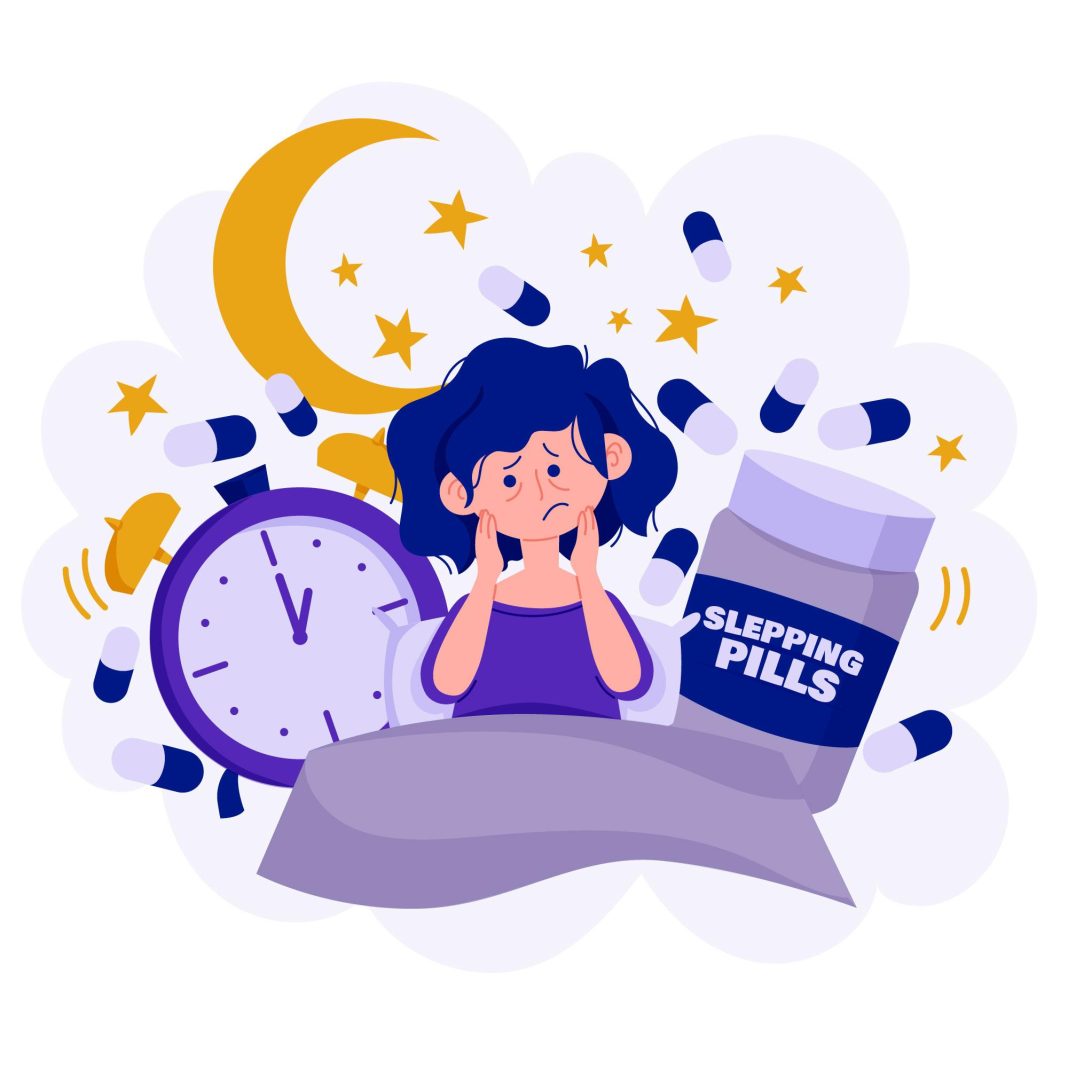How Rest Shapes Success
In today’s busy world where we live under the cloud of diminishing job security due to the fast-paced advent of AI; where both human productivity and utility are being questioned; it is important to understand what all things effect human-productivity, Among other factors, the relationship between sleep and productivity has emerged as a crucial topic for both armchair researchers and mainstream academicians. Let’s explore how quality sleep directly impacts our ability to perform at our best.
The Science Behind Sleep and Performance
Our brains undergo essential maintenance during sleep, consolidating memories and clearing out toxic proteins that accumulate during waking hours. This “neural housekeeping” directly affects our cognitive abilities, including decision-making, creativity, and problem-solving skills. Research shows that even one night of poor sleep can reduce our cognitive performance by up to 30%.
Sleep Deprivation: The Hidden Productivity Killer
When we shortchange our sleep, we’re not just feeling tired – we’re actively undermining our productivity. Sleep deprivation impairs:
- Attention span and concentration
- Memory retention and recall
- Emotional regulation
- Physical coordination
Williamson and Feyer in their study published in the journal Occupational and Environmental Medicine found that after 17-19 hours without sleep, performance on some cognitive and motor tasks decreased to a level equivalent to having a blood alcohol concentration (BAC) of 0.05%. After longer periods without sleep (around 20-25 hours), performance decreased to levels equivalent to a BAC of about 0.1%. This shows that working while sleep-deprived is equivalent to working under the influence of alcohol, leading to decreased output quality and increased errors. A fascinating finding!
The Productivity Benefits of Quality Sleep
Consistent, restorative sleep offers remarkable benefits for workplace performance. Regular 7-9 hour sleepers demonstrate:
- Enhanced creative problem-solving
- Improved decision-making capabilities
- Better emotional intelligence
- Stronger leadership abilities
- Increased workplace efficiency
So the next time you get asked about the secret to getting so much work done in such a short time; just smile and say, “I sleep a lot!”
Creating a Sleep-Success Cycle
To optimize both sleep and productivity, consider these evidence-based strategies:
- Maintain consistent sleep and wake times
- Create a relaxing bedtime routine
- Limit screen exposure before bed
- Design a sleep-friendly environment
- Practice stress-management techniques
Remember that sleeping well is a skill you can acquire by doing these simple things! you deserve a good snore !
The Bottom Line
The connection between sleep and productivity isn’t just theoretical – it’s a practical reality that affects our daily performance. By prioritizing sleep, we’re not just investing in our rest; we’re investing in our success.
Keywords: sleep quality, workplace productivity, cognitive performance, sleep deprivation effects, sleep hygiene, work efficiency, sleep-performance relationship, professional success, mental clarity, sleep science



